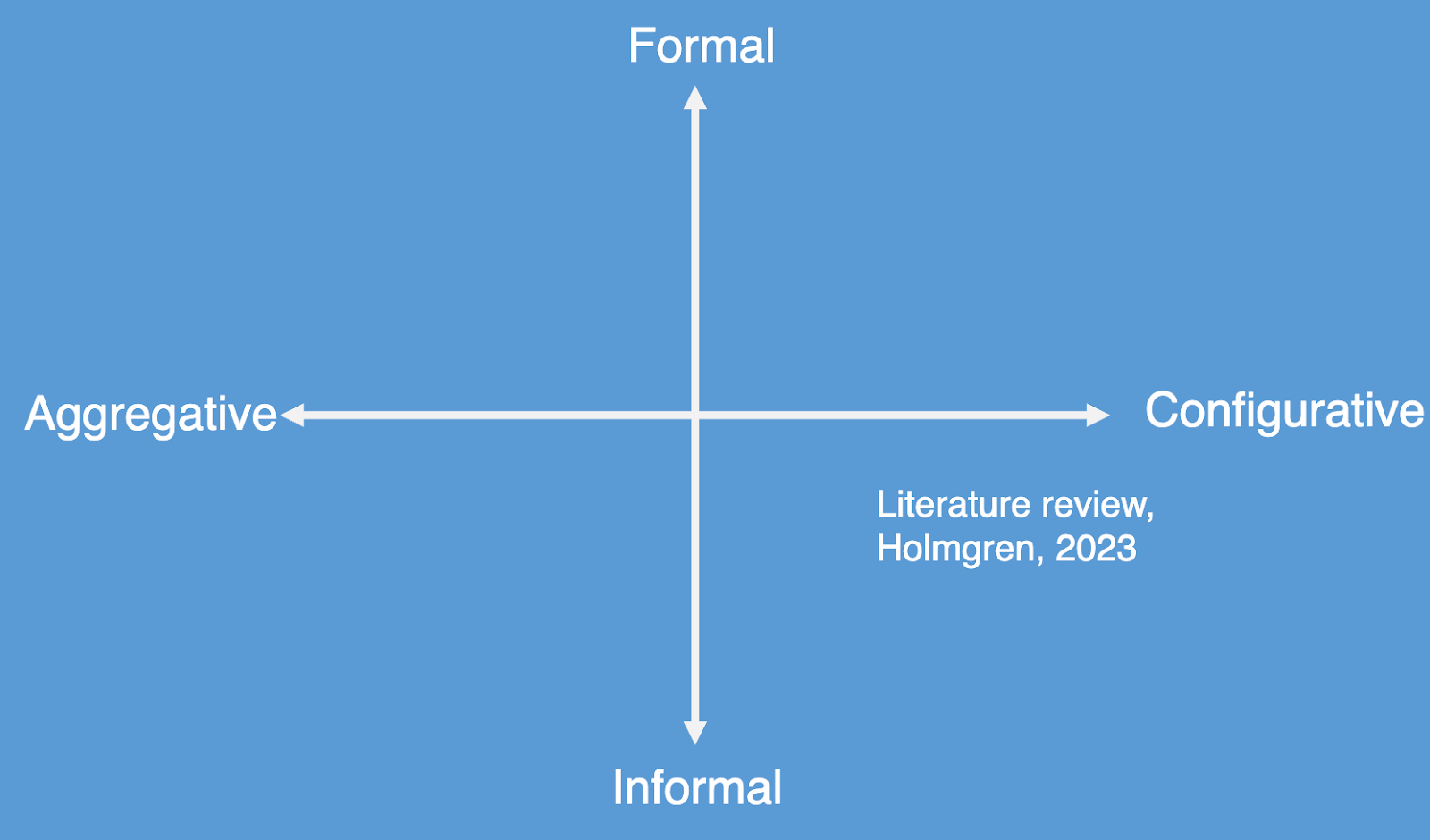Reflections on theory, epistemology and values
The following text is a short reflection on the dissertation project and where it currently stands, particularly in relation to theory and epistemology. The aim of my dissertation project is to examine teacher education in relation to contemporary digital technology. Specifically, expectations, demands and effects on teacher education emerging new technologies with disinformation potential gives rise to, through policy, local decision-making and teacher education practice. Such technologies include but are not limited to Ai, deepfakes and information bots.
Originally the theoretical framework for my dissertation work consisted of a pragmatic approach, coupled with a theory of digital media literacy, providing a more detailed conceptual framework relating to key concepts and ideas. I am now in the process of looking to replace the theory of pragmatism due to the position of the different project parts, and as a result I’m currently examining systems theory and traditional analytic materialism coupled with qualitative interviews and possibly positioning discourse analysis as methodologies. To me this is rigorous, slow, and challenging work, if not for any other reason than being careful and getting it right when looking to combine different traditions of thought. To create a blueprint of quality. In this ongoing process a couple of ideas from the literature resonated.
Beginning by identifying my own beliefs and thereafter considering theories that intersect with my own epistemological values (Grant, Osanloo, 2014), is a useful approach as of now. Conceptualising epistemology as linked to personal values and ethics is an idea I’ve previously come across. It is helpful but also important to consider epistemology from a value perspective, as it is hard for me to see how a project of this magnitude would allow me to break core ethical positions.
Another aspect when considering a theoretical framework is the importance of linking theory to the configuration of practical reality, in which the objects of study will be situated. As such the following quote is relevant to reflect upon during the ongoing process.
“The teacher education program is a complex organisation that is controlled through political processes, where actors at different levels of society create frameworks and shape the program’s purpose, content and expectations through policy.” (Player-Koro, Sjöberg, 2018)
Framing teacher education correctly linked to higher education and in relation to other relevant educational and political institutions and actors, as well as to technological development, is consequential to the research I will set out to do. I will keep this in mind going forward.
---
Grant, C., & Azadeh, O. (2014). Understanding, selecting, and integrating a theoretical framework in
dissertation research: Creating the blueprint for your “house”. Administrative Issue Journal.
Player-Koro, C., & Sjöberg, L. (2018). Becoming a primary education teacher - pedagogic discourses in
the teacher education program’s examination practice. Nordic Journal of Studies in Educational Policy,
1-14.


Comments
Post a Comment